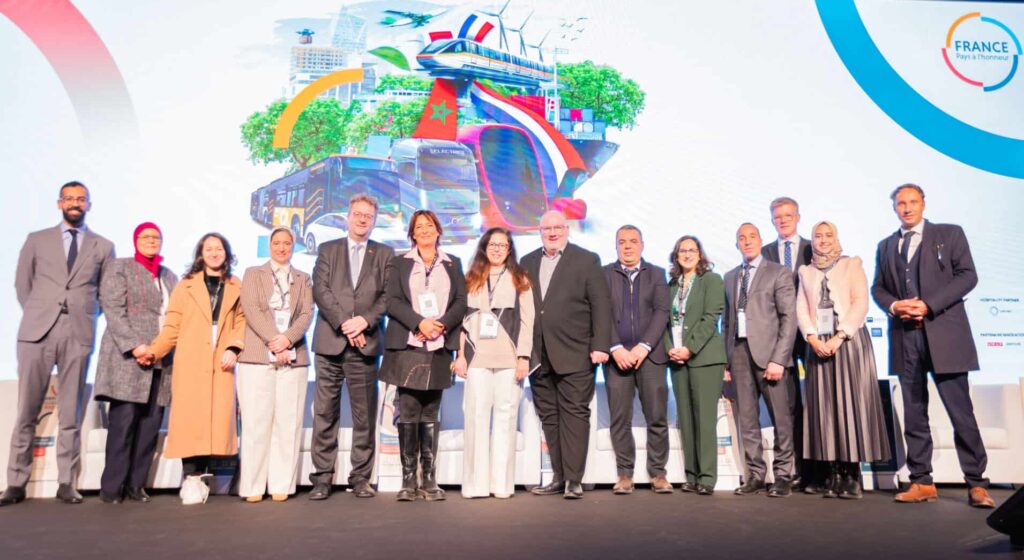
Morocco reaffirmed its commitment to sustainable mobility and energy transition by hosting the Green Impact Expo & Summit 2025 (GIE), an international conference and industry fair held in Casablanca from February 11 to 13, 2025.
Organised by the General Confederation of Moroccan Enterprises (CGEM) under the tutelage of four Moroccan ministries – the Ministry of Industry and Trade (MIC), the Ministry of Energy Transition and Sustainable Development (MTEDD), theMinistry of Transport and Logistics (MTL), and theMinistry of Digital Transition and Administrative Reform (MTNRA) – the event brought together experts, policymakers, and industry leaders to explore innovations and address sector challenges. Over the course of three days, it attracted more than 10,000 visitors and featured thematic conferences with participation from national and international stakeholders, including representatives from France, Germany, the United Arab Emirates, Canada, China, and Sweden.
With strong government backing, the GIE underscored Morocco’s ambition to advance clean energy solutions and decarbonise transportation. This commitment was reflected in the remarks of Mr. Ryad Mezzour, Minister of Industry and Trade, during the opening session, who emphasised Morocco’s goal of positioning itself as a global leader in sustainable mobility. The minister emphasised that the sector presents a significant opportunity for Morocco, which possesses numerous strengths to transform sustainable mobility into a key driver of economic growth.
We have the products, production capacity, natural resources, and geographical proximity that allow Morocco to position itself as a leader in the provision of sustainable mobility.
Mr. Ryad Mezzour, Minister of Industry and Trade
In his speech, the Minister announced that, as part of the preparations for the 2030 FIFA World Cup, the Kingdom plans to acquire 7,000 buses, half of which will be electric.
The sustainable mobility team of GIZ in Morocco, representing the Introducing Measures, Pathways and Roadmaps for Optimizing Vehicle Efficiency and Electrification (IMPROVE) and Sustainable Mobility with Renewable Energies in Morocco (DKTI VI) projects, was actively involved in the GIE programme and expo. As a Team Germany effort, GIZ and the German Chamber of Commerce and Industry in Morocco (AHK) shared a stand at the expo to engage with conference participants and stakeholders in the transport sector.
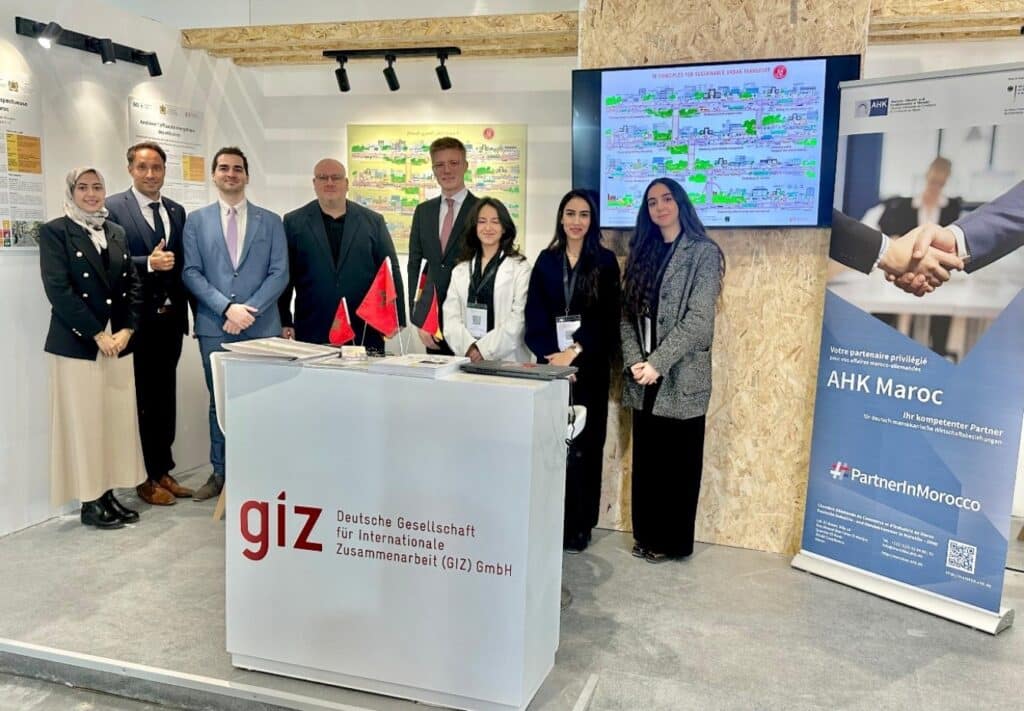
As part of the GIE programme, the “Pathways to Decarbonising Land Transport” session, organised by GIZ in partnership with the MTL, took place on Thursday, February 13. This session brought together experts and policymakers from Morocco and Germany to explore strategies and innovative solutions aimed at reducing carbon emissions in the transport sector. Serving as a platform for knowledge exchange, it fostered collaboration among key stakeholders to accelerate the transition toward cleaner, more sustainable mobility systems.
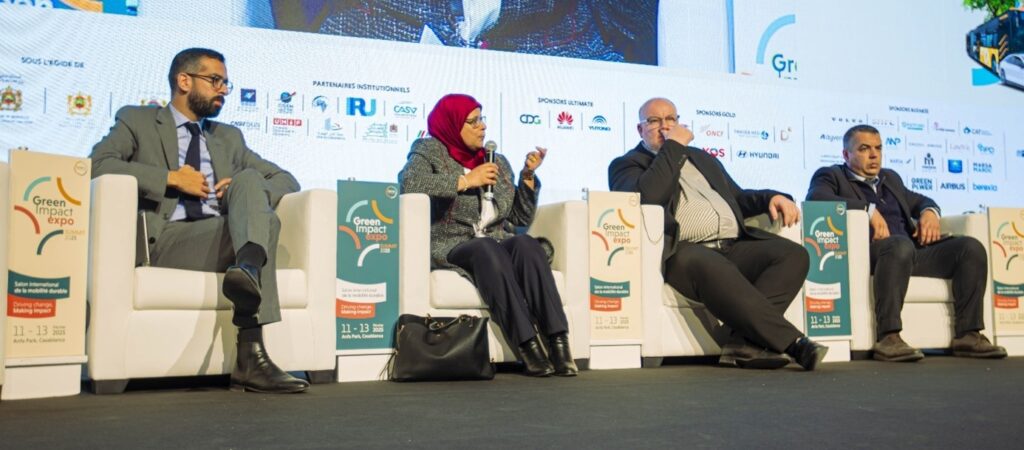
In her opening statement, Mrs. Boucetta highlighted Morocco’s longstanding commitment to international climate action and environmental preservation. She emphasised that the session provided an important opportunity to discuss the decarbonisation of road transport, particularly in the context of Morocco’s sustainable development goals and its role as host of major international events such as the 2030 FIFA World Cup.
Mr. Bantle, Minister-Counsellor at the Embassy of the Federal Republic of Germany in Morocco, emphasised that the transition to sustainable mobility presents a significant opportunity to modernise infrastructure, enhance industrial competitiveness, and improve quality of life. He highlights the importance of using clean energy, particularly from renewable sources to power electric vehicles. With its abundant renewable energy potential and rapidly growing automotive sector, Morocco is well-positioned to benefit from this transition.
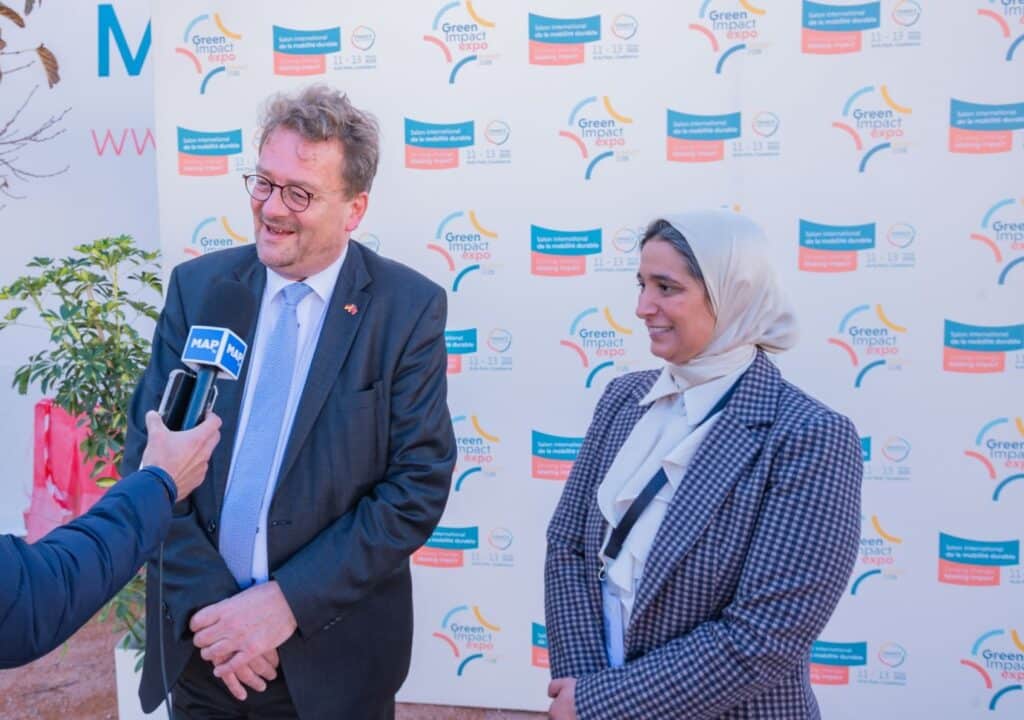
Mrs. Boucetta, Director of Road Transport at the MTL, reaffirmed Morocco’s commitment to sustainable transport through various measures implemented since the 2016 COP22 climate summit in Marrakech. She highlighted the country’s ambitious long-term strategies, including logistics strategies, railway plans, and an airport strategy. These initiatives aim to address growing travel demands while improving passenger and freight transport efficiency, all while promoting environmentally friendly and safe mobility. The transport sector is the largest consumer of final energy in Morocco (38%) and accounts for 28.2% of national CO₂ emissions. The sector also contributes significantly to air pollution, directly impacting public health. The key challenge, she explained, is balancing the need for socio-economic growth with environmental sustainability.
Among the key measures taken by the Ministry of Transport and Logistics are:
These efforts also come in the context of major infrastructure milestones in Morocco. The Al Boraq high-speed rail line, Africa’s first, connects Tangier and Casablanca and is being extended to Marrakech. The country has also introduced Bus Rapid Transit (BRT) and tramway systems in cities like Rabat, Casablanca, and Agadir, offering more sustainable urban transportation options. Furthermore, 90% of the energy used in the railway sector comes from renewable sources, highlighting Morocco’s commitment to sustainable mobility. Morocco’s automotive industry also plays a crucial role – with an annual production capacity of more than 700,000 vehicles, the country is the largest car producer in Africa. The automotive industry is also a major economic pillar, employing around 220,000 people in Morocco.
With Germany being the top vehicle producer and market in Europe, and both countries being pioneers in the transition to renewable energy, Morocco and Germany are natural partners in driving the global energy and transport transformation. This was underlined in the input by Mr. Christian Hochfeld, Executive Director of Agora Verkehrswende, a German think tank promoting a sustainable “transport transformation.” Mr. Hochfeld highlighted the need for effective policies that support electric mobility, improve efficiency and enhance efficient public transportation systems. He also pointed out that the future of land transport electrification will primarily depend on battery electric vehicles, given their higher energy efficiency compared to other propulsion technologies. Mr. Hochfeld also emphasised the importance of cooperation between Morocco, Germany, and other international partners to implement effective solutions for reducing GHG emissions, fostering innovation and unlocking economic and commercial opportunities.
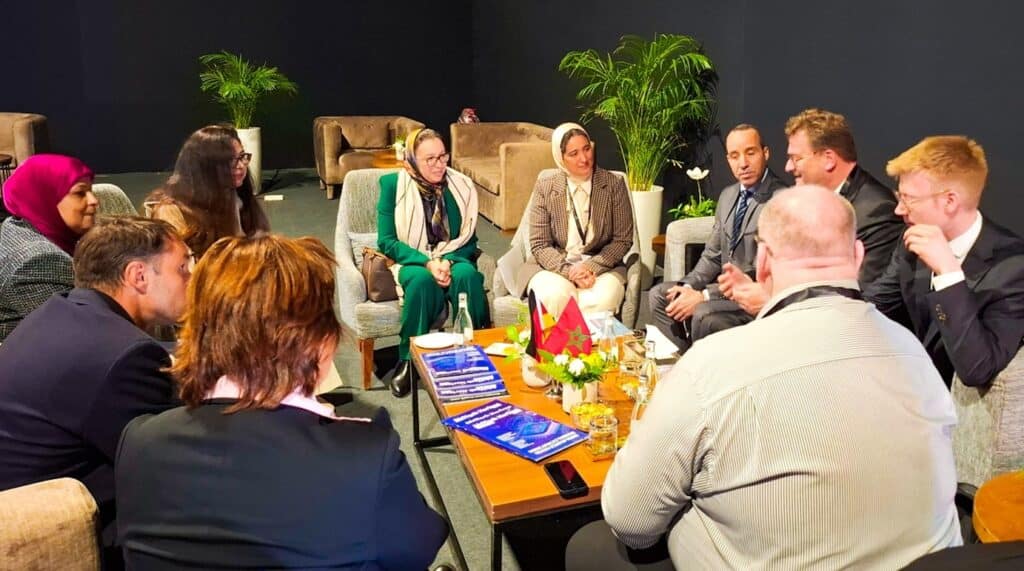
The strategic dialogue and collaboration between Morocco and Germany highlight the critical role of knowledge-sharing, technological innovation, and cross-sector integration in the decarbonisation of land transport. Both nations recognise that these efforts are essential not only for improving public health and protecting the environment but also for driving economic and social transformation. Sustainable mobility fosters business opportunities, green jobs, and industrial value chains. Their shared commitment to renewable energy-powered transport aligns with global climate goals, positioning them to tackle challenges and advance a low-carbon future.
The Introducing Measures, Pathways and Roadmaps for Optimizing Vehicle Efficiency and Electrification (IMPROVE) project is implemented by the Deutsche Gesellschaft für Internationale Zusammenarbeit (GIZ) GmbH and is funded through the International Climate Initiative (IKI) of the German Federal Ministry for Environment, Nature Conservation and Nuclear Safety (BMUV).
The Sustainable Mobility with Renewable Energies in Morocco (DKTI VI) project is funded by the Federal Ministry for Economic Cooperation and Development (BMZ) and is also implemented by GIZ.
 Partner Reunion at the GIE 2025 ©GIZ Morocco by ADDICUBE
Partner Reunion at the GIE 2025 ©GIZ Morocco by ADDICUBE
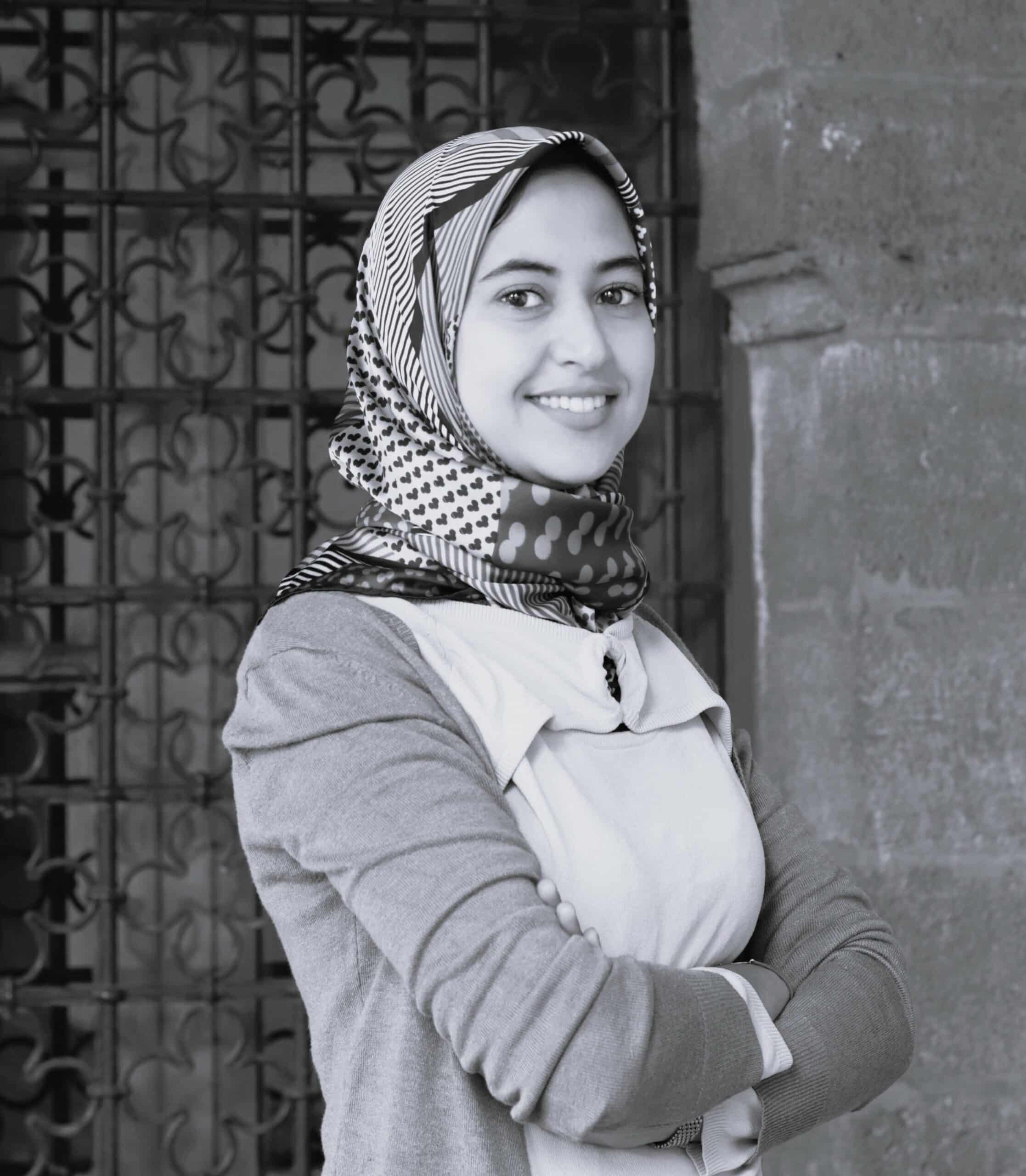
Nezha Daaif
nezha.daaif@giz.de
Visit profile